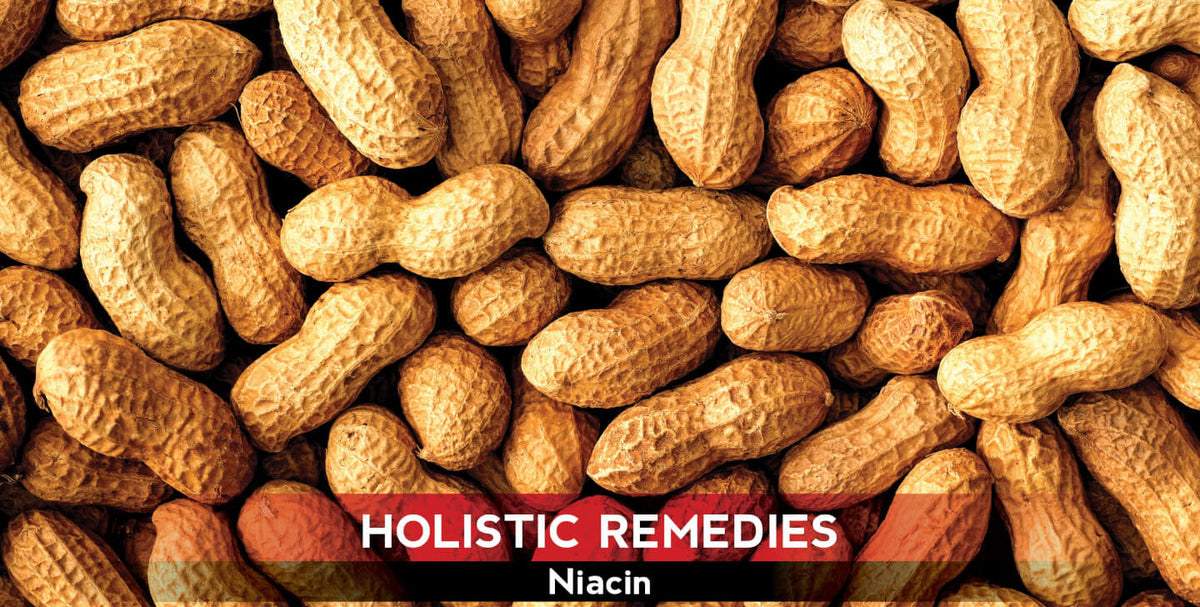Niacin: The Heart Helper

The Spartan Guide to Niacin
The Claim
Integrative physicians love niacin, a.k.a. vitamin B3, because of its ability to work as a drug—without being, you know, a drug. It's found naturally in turkey, peanuts, and tuna. The nutrient is water-soluble (so you’ll pee out excess) and helps your body turn food into fuel. But taken in supplement form, it’s a potent heart helper, improving several markers of cardiovascular disease.
The Evidence
“Niacin has been very well-studied in the Western world,” says Svetlana Kogan, M.D., a family physician in New York City and author of Diet Slave No More. It’s a proven cholesterol treatment as a number of studies show that it increases levels of HDL (good) cholesterol and lowers triglycerides as well as or better than some prescription drugs.
“If someone has low HDL, it’s a problem because it puts them at risk of heart disease, and it’s purely genetic—they didn’t do anything wrong,” Dr. Kogan says. “If they already eat right and live right, one of the few things we can do is have them take niacin.”
Research shows that niacin also lowers LDL (bad) cholesterol, though the effects are more modest. Some doctors pair the vitamin with Rx cholesterol drugs, such as Crestor, Lipitor, and Lescol. Lastly, the literature confirms that niacin can ease atherosclerosis, a disease caused by plaque hardening up the lining of arteries.
In patients who’ve already had one heart attack, niacin seems to reduce the odds of having a second.
“It’s a potent vasodilator”—a treatment that relaxes arteries—“so it really helps reduce blood pressure,” Dr. Kogan adds.
Related: How Eating Garlic Can Keep Your Heart Healthy
The only catch? You have to take relatively high doses to reap the benefits. And side effects can include GI problems, glucose intolerance, and even the risk of liver damage. So talk to your healthcare provider about appropriate dosage before you go hard on over-the-counter pills.
How to Use It
“The usual dosage is 500 milligrams, taken at bedtime,” Dr. Kogan says.
Why at night? As a vasodilator, niacin can trigger hot flashes—and the odds of that shoot up if you mix niacin with hot drinks or alcohol.
“I’m assuming you’re not having either in bed,” she says. “Finish dinner, give it a few hours, take your pill with a couple sips of water, and you’ll be fine.” Some manufacturers offer “flash-free” niacin, but she’s found it to be less effective.



